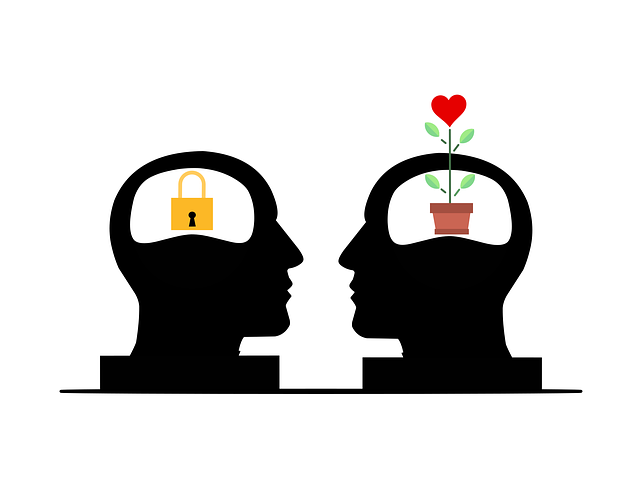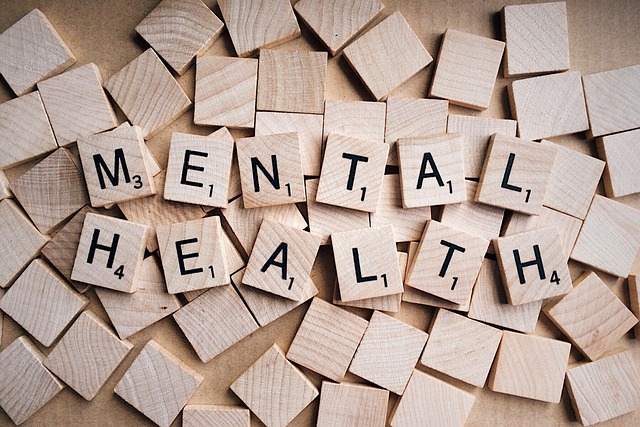Arvada Drug Abuse-Substance Abuse Therapy offers a comprehensive approach to managing mental health conditions, focusing on social skills training alongside coping and stress management. By addressing isolation and challenges in social interactions, this program enhances individuals' resilience and reduces the risk of relapse. Through role-playing, CBT, and community-focused sessions, clients develop improved communication, assertiveness, and conflict resolution skills, fostering a supportive environment for both patients and healthcare providers. This holistic approach integrates social training with traditional therapy, promoting successful long-term outcomes in mental health recovery.
Social skills training is a powerful tool for improving mental health outcomes, especially for individuals navigating substance abuse therapy in Arvada. This article delves into the intricate link between social skills and mental well-being, exploring how challenges in social interaction can impact those with mental health conditions. We present effective strategies for social skills training and highlight its successful integration into Arvada’s drug abuse-substance abuse therapy programs, offering a comprehensive approach to fostering connection and recovery.
- Understanding the Connection Between Social Skills and Mental Health
- Identifying Challenges in Social Interaction for Individuals with Mental Health Conditions
- Strategies and Techniques for Effective Social Skills Training
- Integrating Social Skills Training into Substance Abuse Therapy in Arvada
Understanding the Connection Between Social Skills and Mental Health

Social skills training plays a pivotal role in managing mental health conditions, especially among individuals struggling with Arvada Drug Abuse-Substance Abuse Therapy. The connection between social skills and mental well-being is deeply intertwined; effective communication, empathy, and interpersonal interactions can significantly impact an individual’s ability to cope with stress and maintain a positive mindset. In the context of substance abuse recovery, improving social skills becomes a powerful tool in preventing relapse and fostering long-term sobriety.
Developing coping skills and stress management techniques hand-in-hand with social skills training empowers individuals to navigate interpersonal relationships more effectively. This is particularly crucial for healthcare providers who often deal with high-stress situations, leading to potential burnout. By integrating these strategies, healthcare professionals can enhance their resilience, improve patient outcomes, and create a healthier work environment, ultimately benefiting both patients and practitioners in their journey towards better mental health.
Identifying Challenges in Social Interaction for Individuals with Mental Health Conditions

Individuals with mental health conditions often face unique challenges when it comes to social interactions. These challenges can range from anxiety and depression hindering their ability to engage in conversations, to more severe symptoms like hallucinations or delusions affecting trust and communication. In many cases, people struggling with these conditions might withdraw from social settings, leading to further isolation and exacerbation of symptoms. For instance, someone battling substance abuse issues (a specific type of mental health condition) may find it difficult to maintain relationships due to the nature of their addiction and subsequent recovery journey.
Arvada Drug Abuse-Substance Abuse Therapy programs recognize these challenges and tailor interventions to address them. Burnout Prevention Strategies for Healthcare Providers, who often support these individuals, can incorporate Compassion Cultivation Practices to foster a supportive environment. Encouraging patients to develop a robust self-care routine can also be transformative, as it enables them to better manage their conditions and engage in social activities with increased confidence and resilience.
Strategies and Techniques for Effective Social Skills Training

Social Skills Training is a powerful tool to empower individuals managing mental health conditions. Effective strategies often involve role-playing scenarios that mimic real-life situations, allowing trainees to practice and refine their social interactions. By creating a safe and supportive environment, individuals can build confidence in their ability to communicate, relate, and connect with others. Techniques such as cognitive behavioral therapy (CBT) are integrated into training to help participants challenge negative thought patterns and develop healthier coping mechanisms.
In the context of Arvada Drug Abuse-Substance Abuse Therapy, these skills are invaluable for navigating social challenges that may trigger cravings or relapse. Resilience building techniques, coupled with positive thinking exercises, can significantly contribute to burnout prevention strategies for healthcare providers supporting these individuals. Encouraging open dialogue and fostering a sense of community during training sessions further enhances the effectiveness of the program.
Integrating Social Skills Training into Substance Abuse Therapy in Arvada

In Arvada, integrating Social Skills Training into Substance Abuse Therapy is a holistic approach to addressing both drug abuse and mental health issues simultaneously. This comprehensive strategy recognizes that effective recovery involves more than just treating addiction; it also requires building social competencies to navigate relationships and reduce the impact of mental illness stigma. The program offers tailored sessions designed to enhance communication, assertiveness, and conflict resolution skills, fostering a supportive environment where individuals can boost their confidence and learn crisis intervention guidance.
By combining substance abuse therapy with social skills training, Arvada’s approach not only aids in overcoming addiction but also equips participants with the tools needed to manage mental health challenges more effectively. This dual focus on personal growth and recovery has proven to be a powerful catalyst for positive change, contributing to successful long-term outcomes and enhanced well-being for those navigating both substance abuse and mental illness.
Social skills training is a powerful tool for enhancing the lives of individuals with mental health conditions, particularly when integrated into substance abuse therapy in Arvada. By addressing social interaction challenges, these programs empower participants to navigate social situations more effectively, fostering better relationships and improved overall well-being. This tailored approach, focusing on both mental health and substance abuse recovery, is key to promoting a healthier, more connected community in Arvada and beyond.













